At Bracelet of Hope, we are committed to seeing the end of the HIV pandemic in Lesotho. We believe the best way to do this is to take a holistic and multi-disciplined approach. HIV is so persistent in Lesotho, not only because of inadequate access to healthcare, but also because of profound poverty. In order to address a health issue like HIV, we need to also address poverty, because the two go hand in hand. So, while it might seem like our Foster Home Program and Income Generating Activities are disconnected from our new Mobile Health Program, the truth is that they are designed to work together, tackling different barriers to wellbeing for people affected by HIV in Lesotho, but ultimately focussing on the same goal.
Our programs focus on:
- Breaking the cycle of HIV/AIDS by fostering vulnerable HIV orphans
- Creating communities that are self-sustainable
- Ensuring families have equal access to consistent HIV testing and treatment
Foster Homes: breaking the cycle of HIV
The foster home program focuses on breaking the cycle of HIV in the next generation. Without it, the 53 children currently in this program would likely grow up with HIV or contract HIV as a young adult, live in poverty, pass HIV on to their own children and unfortunately die quite young. This is the cycle of HIV that is so common in Lesotho and exactly what Bracelet of Hope strives to break. The foster homes provide a stable home with a loving parent, regular meals, consistent education, and social workers ensuring the children’s physical and mental well-being. It is our hope that these children receive the care and education that will equip them to be healthy, productive and self-sufficient adults that do not have to bare the burden of living with HIV in poverty. If these young people grow up knowing how to prevent HIV transmission, then the cycle of HIV can stop with them. If they are healthy and are equipped with the resources and education to be self-sufficient, then the cycle of poverty can be dramatically reduced as well. It is important for these children to receive treatment and care to ensure their well-being, but it is equally as important to equip them with the tools and resources necessary to be self-sufficient adults, so that they can, in turn, ensure the well-being of their future children. This is essential to break the cycle of HIV orphans in Lesotho. The two are linked!Income Generating Activities: creating communities that are self-sustainable
Our IGAs focus on creating communities that are self-sustainable. If people can work and bring in steady income, then they can feed their families, send their children to school and access healthcare. These three factors are key to reducing the risk of families living in poverty and suffering greatly from HIV. Our Income Generating Activities are businesses that provide steady employment for local Basotho people and encourage sustainability and growth. The profits of these businesses are then directed to the Foster Home Program. Local people are not only benefitting from employment through these businesses, but are also playing an integral part in supporting the children in the foster homes through their work: community taking care of community.Mobile Health Units: ensuring families have equal access to consistent HIV testing and treatment
Mobile Health Units are part of a new program for Bracelet of Hope that will be rolled out in 2019! Over the last decade of working in Lesotho, we have realized that one of the biggest barriers to ending the HIV pandemic is not simply inadequate healthcare, but that it is inadequate ACCESS to healthcare. 75% of the Lesotho population live in rural areas, meaning that they live far away from healthcare clinics that are mainly in cities. Most families in Lesotho also live in poverty, so they are unable to pay for transportation to get to a clinic and are, therefore, cut off from receiving necessary treatment. HIV medication is provided free of charge by the Lesotho government, but people have to be able ACCESS this medication and care by getting to a clinic regularly. Geographical isolation and financial barriers make it extremely difficult for 75% of the population to get tested for HIV, receive adequate education around HIV or receive consistent treatment if they are HIV positive. Because of this, HIV continues to be transmitted and Basotho people suffer greatly, many of them dying young.
But here is the good news: Each mobile health unit can reach 25,000 people every year with HIV education, testing, treatment and support. Access is key and mobile health units are all about access! They focus on bringing healthcare to where the people are, instead of expecting the people to break through multiple barriers to reach care.
While mobile health units are new for Bracelet of Hope, they fall squarely in our mandate and provide an incredible opportunity for us as a community to make a profound difference. It is an opportunity to not only bring HIV testing and treatment to thousands of people every year, but also an opportunity to break the cycle of HIV. If this generation in Lesotho has access to HIV testing and consistent treatment, then transmission rates will go down and the next generation will suffer less, will be more productive and will be less poor because they will not be HIV-stricken. What a beautiful thing that would be. So, even though our programs focus on different aspects of poverty and HIV reduction, they are designed to be paired together as they are most effective as a unit – tackling the individual barriers to well-being, but ultimately serving the whole person.
Thank you for being a part of this journey! We are grateful for a community that shares in our vision and is motivated to see change. If you have any questions about our programs, how they are connected or why we do what we do, please feel free to reach out.
